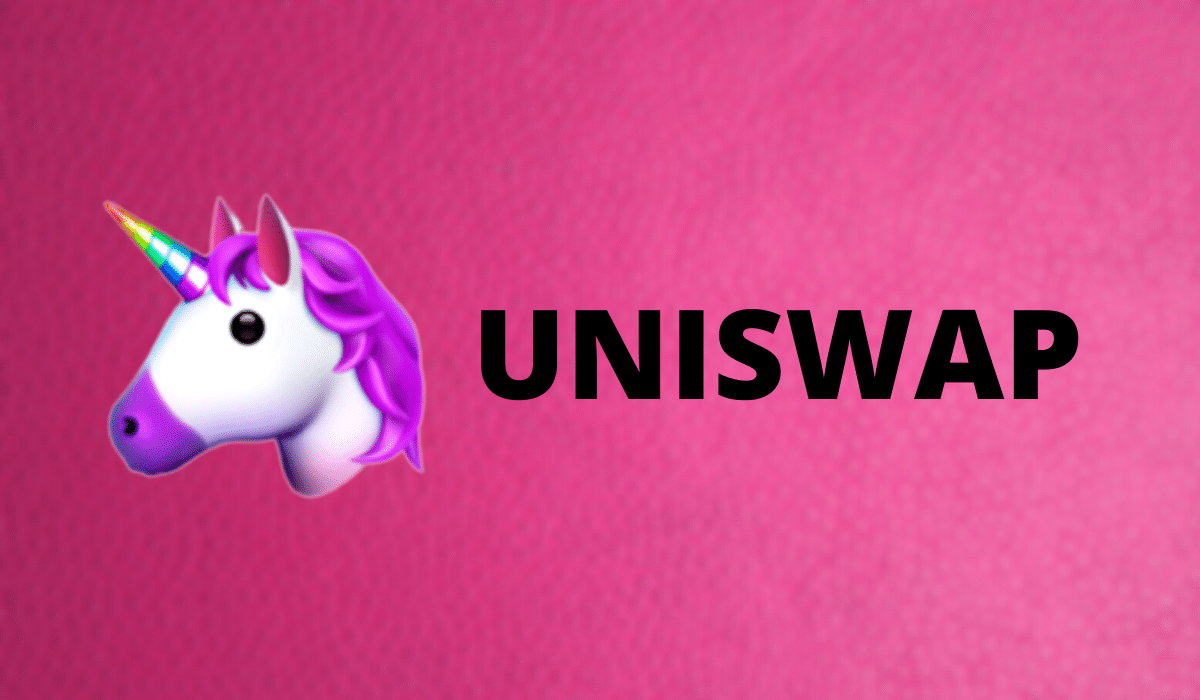Uniswap Total Value Locked Nears $3 Billion Milestone as UNI Farming Winds Down
The world’s most popular decentralized exchange (DEX), Uniswap, is making headlines as its Total Value Locked (TVL) approaches the $3 billion milestone. With TVL at an all-time high of $2.84 billion, Uniswap remains the top-ranked DeFi protocol, outpacing its closest competitor, MakerDAO, which has $2.15 billion locked.
This surge in Uniswap’s collateral highlights its dominance in the DeFi space, accounting for nearly 23% of the market share.
Uniswap’s Record-Breaking Growth
Uniswap’s TVL has experienced staggering growth, with metrics from DeFi Pulse showing a 1,600% increase over the past 90 days. This exponential rise began in late August when:
- SushiSwap cloned the protocol, offering competitive yield farming rewards.
- Uniswap launched its own ETH-based liquidity pools in mid-September, incentivizing participation through its native UNI token.
Current Liquidity Distribution
The four primary liquidity pools for UNI farming dominate Uniswap’s TVL, holding $2.25 billion in:
- ETH
- Stablecoins
- Wrapped BTC (wBTC)
The wBTC pool is the most popular, representing 38% of the total liquidity.
DeFi Market Overview
Uniswap’s growth mirrors the overall expansion of the DeFi sector, which has reached a record-breaking $12.46 billion in TVL. With Uniswap leading the pack, the DeFi market continues to attract both retail and institutional participants seeking innovative financial solutions.
UNI Farming and Its Impending Conclusion
The UNI farming program has been a key driver of Uniswap’s liquidity surge, rewarding participants for providing liquidity to its pools. However, the program is scheduled to end on November 17, raising questions about its potential impact:
What Happens Next?
-
Liquidity Migration:
- Once UNI rewards stop, liquidity farmers may withdraw their collateral and move to other platforms offering better returns.
- This could result in a significant decrease in Uniswap’s TVL.
-
Impact on ETH Prices:
- If a substantial amount of ETH is sold off, it could lead to price volatility, especially if the sell-off occurs at higher price points than the entry levels.
-
UNI Token Price Fluctuations:
- Newly earned UNI tokens may flood the market, potentially driving UNI prices lower.
Potential Market Volatility
As the UNI farming program winds down, the DeFi market may experience heightened volatility across major tokens, including ETH and UNI.
What’s Next for Uniswap?
Despite potential short-term challenges, Uniswap remains a powerhouse in the DeFi ecosystem. Its innovative approach and robust liquidity pools position it for sustained growth. Moving forward:
- Expansion Opportunities: Uniswap may introduce new incentives or features to retain liquidity.
- Adapting to Competition: With rivals like SushiSwap and Balancer offering competitive rewards, Uniswap’s adaptability will be key.
- Community Engagement: As a decentralized platform, Uniswap’s governance token holders will play a crucial role in shaping its future.
Conclusion
Uniswap’s rise to nearly $3 billion in Total Value Locked is a testament to its pivotal role in the DeFi ecosystem. While the end of UNI farming on November 17 may bring temporary volatility, Uniswap’s innovative platform and strong community support ensure its long-term relevance.
As the DeFi market evolves, Uniswap’s ability to adapt and innovate will determine its position as a leader in the decentralized finance landscape.
To stay informed on the latest developments in Uniswap and the broader DeFi space, explore our article on latest news, where we provide in-depth analysis of key trends shaping the future of decentralized finance.
Disclaimer: The information provided is not trading advice, Bitcoinworld.co.in holds no liability for any investments made based on the information provided on this page. We strongly recommend independent research and/or consultation with a qualified professional before making any investment decisions.




